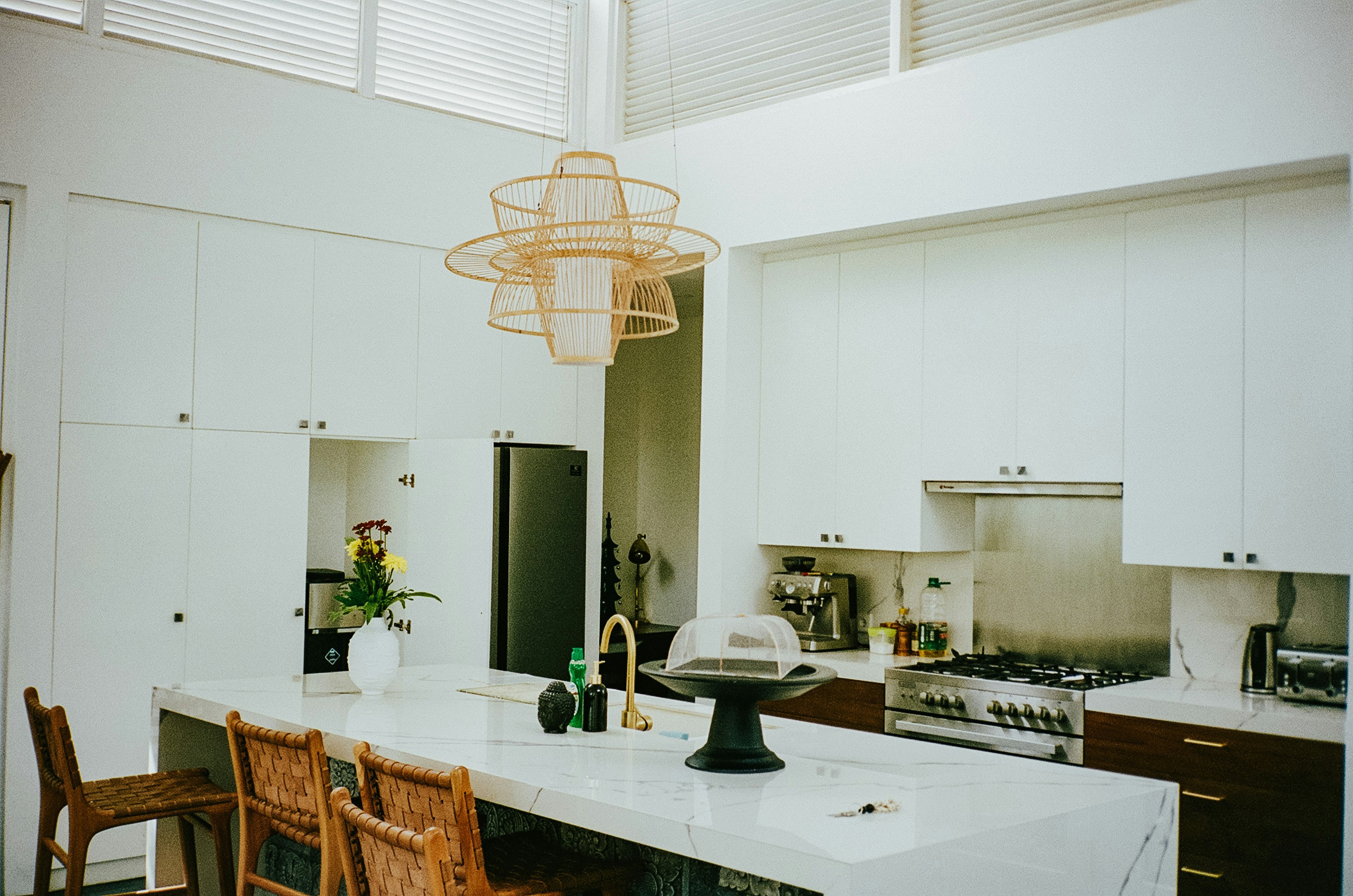For those living off campus this year, cooking for yourself may seem daunting. However, it can become a fun, relaxing and natural skill with time and effort.
Here are a few anecdotal pieces of advice from someone who just spent a year learning the hard way!
Mindset
When learning to cook, a good mindset is essential. Like learning most things, you should approach cooking with an open mind and provide yourself with patience and forgiveness.
Occasionally (or often in my case), you will make mistakes, messes will be made and meals may be burned. By taking your time and being patient, you’ll learn to find your own way around the kitchen.
Cooking should be fun or at the very least neutral, but it should not feel like a chore.
Plan your kitchen
When buying kitchen essentials, try to keep them — well, essential!
Avoid niche single purpose items, like a potato masher, when more universal items can work just as well, much like the humble fork.
The same goes for appliances, except for those which are used for basics such as a toaster or a coffee maker. I would recommend avoiding sandwich presses or waffle makers because I have yet to see anyone use these things enough for them to be worth it.
In terms of pots and pans, I would start off with setting yourself a budget of around $40 or more so you can afford quality products. Unfortunately, cheap pots can leach metal into your food.
I would recommend purchasing heavy bottomed stainless-steel products since they are more rugged, can survive the inevitable scraping when something burns and do not contain potentially harmful chemicals like PFAS. Winners, Walmart and Canadian Tire are all good places to find these types of pans, though I would also recommend thrifting. However, this can take more time as it requires more research and thorough cleaning.
Finally, if you use spices in your cooking, which you should, I recommend picking up small containers and taking spices from home.
If you need to purchase any spices during your time at Brock, I recommend buying from Bulk Barn. This way, you have greater control over the quantity of what you’re purchasing and will often end up spending less.
Plan your meals
The key to planning your meals is being real with yourself. You’ll need to figure out how much time you have, what you want to eat, what you will eat and what to do when you run out of time.
As a university student, there are going to be periods where you do not have time to eat. If you fail to plan for these moments, you may end up eating whatever snacks you have lying around or nothing at all. This is not exactly ideal.
Knowing at least one basic meal, whether it’s ramen, a sandwich or some other 10-minute recipe, can save you stress and potential money spent on take-out.
—
While this advice may take some time to get used to, I am certain that with the right mindset and plan, cooking can become enjoyable for nearly everyone, so make the most of learning this valuable skill!

